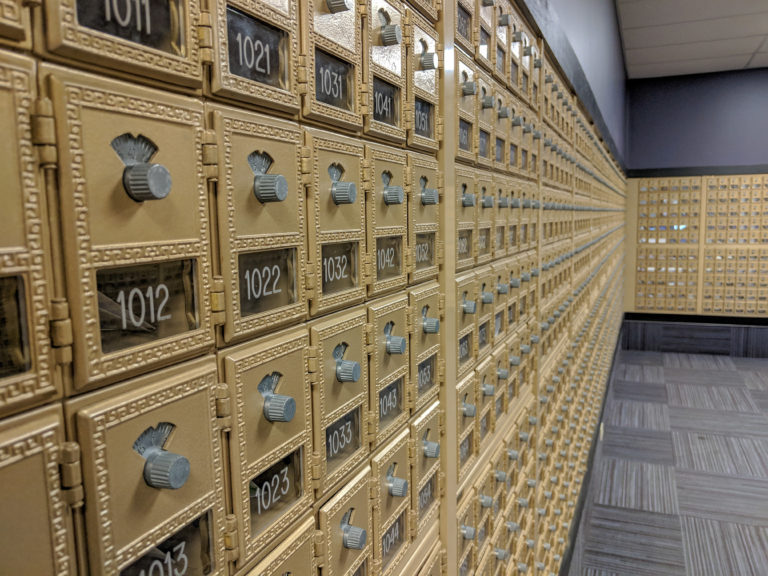Fiona Morgan, News Editor
Asbury Student Congress (ASC) is something students hear about frequently. Members of ASC host events around campus, introduce themselves in chapel and send out occasional email surveys. But many students may not know exactly what they do, how much power they have, how many students are involved or how they actually operate.
ASC functions similarly to the American Congress. ASC has four branches: Student Governance Association (SGA), Student Activities Board (SAB), Student Intercultural Programs (SIP) and Spiritual Life Board (SLB). Like the American Congress, each branch has committees that any member of the branch can be a part of and vote on proposals.
Every club within the branches has student presidents and faculty advisors. Above the branches is the executive cabinet, which consists of the vice presidents of each branch, the student body president, executive secretary, treasurer and publicist. Every club falls under a different branch but most belong to SGA.
Most proposals go through a committee of ASC, and anyone can write a proposal as long as it’s sponsored by a committee. Last year, Student Congress passed a proposal to have Fall Break extended an extra day, and the administration implemented it this year.
Last spring, ASC sent out a student satisfaction survey in which one of the questions asked students to rank their satisfaction with campus office hours. Results indicated that students wished for offices to be open longer. Because the Campus Post Office (CPO) is one of the most trafficked offices on campus, ASC decided to tackle its hours first to determine whether Asbury is willing to extend hours for other offices. “The more specific something is, the more likely it is to get passed because people will know plainly what it’s trying to accomplish,” said junior Hayley Sledge.
Sledge is a member of the Campus Spaces Committee under SGA and wrote the proposal for the CPO hour change. She describes ASC as a triangle of power. At the bottom of the triangle are all Asbury students, and the next step up includes the official clubs and organizations, which anyone can be a part of. Each organization — such as Sigma Zeta, RISE and The Asbury Collegian — has a representative attend ASC meetings and vote. ASC has around 100 members in total.
Once Sledge wrote the CPO hour change proposal, Student Body President Ben Campbell took it to Asbury President Sandra Gray, who expressed her surprise at how few hours the office is open. Sledge explained, “We always want to get a feel for how our proposal is going to go over because if we know something isn’t tangible or possible, then we don’t want to write a proposal for it.”
Sledge then took it to the monthly SGA branch meeting on Tuesday, Oct. 9. She presented the proposal and answered questions, and after a time of discussion, they motioned to have a vote.
After SGA passed the proposal, ASC held their monthly meeting a week later where all the branches voted and again passed the proposal. Vice President of Student Governance Elizabeth Shifflett then took the proposal to Asbury Chief Financial Officer Glenn Hamilton, who will assess whether Asbury has the money to pass and implement it.
The proposal would extend CPO hours to 9 a.m. to 5 p.m. on weekdays and 9 a.m. to 12 p.m. on Saturdays. Its current hours are 9 a.m. to 4 p.m. on weekdays. The hour change would ideally take effect either next semester or next year.
“Most of these things do end up coming down to money,” said Sledge. “There’s always a waiting period, and if it gets passed, it might just sit there. But I think because it’s something the students really want and it’s something Dr. Gray is behind, I think it has a good likelihood of getting approved and implemented.”




